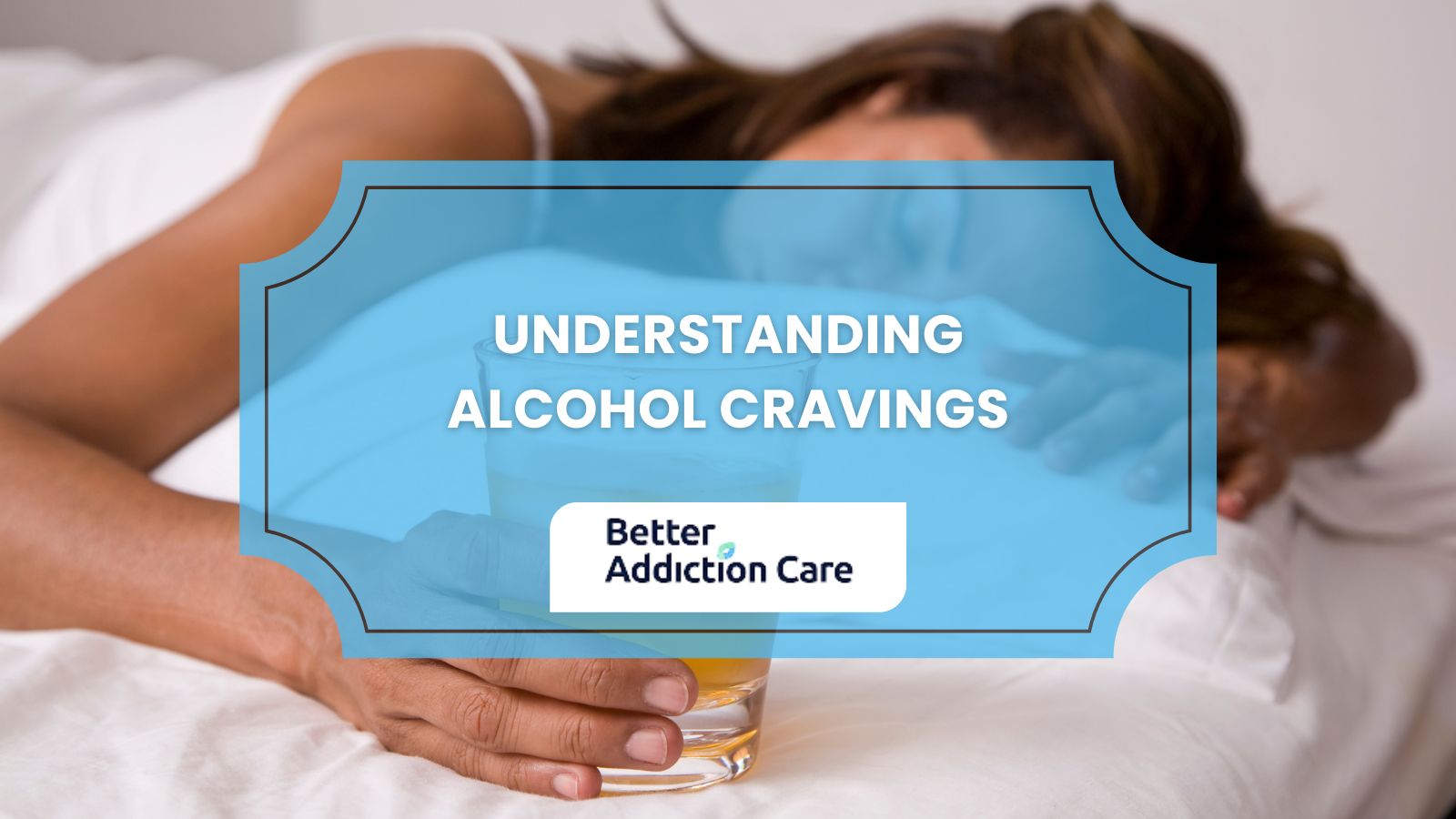Comprehensive Alcoholism Use Screening and Assessment Guide
Alcoholism use screening and assessment is like holding up a mirror to someone’s drinking habits not to judge, but to understand whether alcohol is quietly steering their life off course.
Thousands of people who suffer from alcoholism, also known as alcohol use disorder, may not even be aware of their condition.

Alcoholism is a medical condition that involves a harmful drinking pattern accompanied by a chemical dependence on alcohol. Alcoholism can have harmful effects on a person's health. Thus, alcoholism assessment is the first and most crucial step to identify and address alcohol-related problems. This article provides a comprehensive overview of alcoholism assessment methods for early detection.
What is Alcoholism Screening and Assessment?
Alcoholism use screening and assessment is a structured process used by healthcare professionals to identify and evaluate alcohol-related problems.
Alcoholism assessment often needs a comprehensive evaluation of a person's drinking pattern, behaviors towards alcohol, overall health, and quality of life. A good assessment is critical to collect information to determine the presence and severity of alcoholism.
Additionally, initial assessment can also aid in selecting an appropriate treatment approach. Although a healthcare professional should ideally perform an alcoholism assessment, there are certain situations where self-assessment can be quite useful.
Listed below are 7 alcoholism assessment steps to provide the most benefit.
- History of alcohol use
- Complete physical examination
- Mental health evaluation
- Identify signs and symptoms of alcoholism
- Use of screening tools like the Alcohol Use Disorders Identification Test (AUDIT) or the CAGE questionnaire.
- Evaluation of social relationships
- Motivational interviewing to persuade a change in patient´s habits
What are the Signs and Symptoms of Alcoholism?
Signs and symptoms of alcoholism include compulsive drinking, inability to control alcohol use, neglect of responsibilities, increased tolerance, withdrawal symptoms, and continued use despite negative consequences.
People struggling with alcoholism exhibit alcohol signs and symptoms listed below.
- Requiring more drinks to obtain the desired effect or having a decreased effect with the usual number of drinks.
- Spending a lot of time drinking or getting over its effects
- Found unable to quit drinking or drink in moderation
- Found that drinking or its effects interfere with other activities or interests
- Alcohol withdrawal symptoms when not drinking (trouble sleeping, restlessness, nausea, sweating, a racing heart, or even seizures).
- Continue drinking even if it makes you feel depressed or anxious.
- Found wanting a drink so badly that you couldn't think of anything else or needing alcohol to function and feeling unable to cope without it.
What are the Self-Assessment Tests for Alcoholism?
Self-assessment tests for alcoholism are screening tools designed to evaluate the alcohol consumption pattern of an individual. This can help you understand that your drinking habits may put you at risk of alcoholism, which often leads to alcohol-related problems.
Although self-assessment tests are useful screening tools, you should be aware that they are not diagnostic by themselves. Therefore, self-assessments should never replace a comprehensive evaluation performed by a professional healthcare provider. Some of the most popular self-assessment tests for alcohol use disorders are:
- Alcohol Use Disorders Identification Test (AUDIT): The audit is perhaps the most widely used screening tool for identifying individuals who are at risk for alcohol use disorder. It was created by the World Health Organization (WHO) and is a brief 10-item questionnaire that assesses alcohol consumption, dependence symptoms, and alcohol-related problems.
- Cut down Annoyed, Guilty, Eye-opener (CAGE) Questionnaire: This brief screening tool consists of just four questions that aim to determine whether you have alcohol dependence or not. A positive response to two or more items suggests a possible case of alcohol use disorder.
- Alcohol Dependence Scale (ADS): ADS is another self-reported tool that evaluates the severity of alcohol dependence. It consists of 25 items rated on a scale from 0 to 3 points. ADS assesses signs of alcohol dependence, alcohol withdrawal symptoms, and impaired control over drinking.
- Michigan Alcoholism Screening Test (MAST): is another comprehensive 25-item questionnaire that aims to evaluate alcoholism in long-term users of alcohol.
- Short Michigan Alcoholism Screening Test (SMAST-G): This is a shortened version of the MAST. It consists of 13 yes-or-no items that assess alcohol-related problems and consequences.
- TWEAK alcohol screening test: This screening tool contains five items that are specifically designed to identify alcohol use disorders in pregnant women.
It is important to note that if you are concerned about your drinking patterns based on the results of these self-assessments, you should consider seeking professional help from your trusted healthcare provider
What are Alcohol Withdrawal Assessment Tool?
Alcohol Withdrawal Assessment Tools are clinical instruments used to measure the severity of withdrawal symptoms in individuals who abruptly stop or reduce alcohol consumption, helping guide appropriate medical interventions and monitor recovery.
The most widely used tool is the CIWA-Ar (Clinical Institute Withdrawal Assessment for Alcohol, Revised), which evaluates ten common symptoms, such as nausea, tremors, anxiety, and hallucinations—on a scale to determine if medication or hospitalization is needed. It’s the gold standard in many hospitals and rehab centers because it offers structured, repeatable, and safe decision-making for patient care.
How are Alcohol Withdrawal Assessment Tool used?
Alcohol withdrawal assessment tools, such as CIWA-Ar, are used by clinicians to monitor and evaluate the severity of withdrawal symptoms over time, guide appropriate medical interventions, adjust treatment plans, and help prevent complications during detoxification.
Besides self-assessment tools to measure alcoholism, other tools evaluate different alcohol-related problems. The Clinical Institute Withdrawal Assessment for Alcohol Scale Revised (CIWA-AR) is a standardized test that measures the severity of alcohol withdrawal based on its signs and symptoms.
This widely adopted tool the CIWA-AR assesses 10 core symptoms, each rated on a scale from 0 to 7, based on intensity:
- Nausea and vomiting
- Tremors
- Anxiety
- Agitation
- Tactile disturbances (e.g., itching, numbness)
- Auditory disturbances (e.g., hallucinations or sensitivity to sound)
- Visual disturbances (e.g., hallucinations or sensitivity to light)
- Headache
- Orientation (e.g., awareness of time, place, and person)
- Clouding of sensorium (confusion or disorientation)
Clinicians often use CIWA-AR at different intervals to monitor the progression of alcohol withdrawal and determine the effectiveness of treatment. Furthermore, this test also plays a role in the early detection of severe alcohol withdrawal and can help to guide interventions and prevent complications.
Who are Professional Alcoholism Assessment Providers?
Professional alcoholism assessment providers include licensed therapists, addiction counselors, clinical psychologists, and board-certified addiction medicine physicians, and you can find them through trusted directories like professional alcoholism assessment providers.
Having positive result in one of the self-assessment tests does not necessarily mean that you suffer from alcoholism, but it may reflect an increased risk. Therefore, your drinking behavior must be evaluated by a qualified physician who can confirm the diagnosis of an alcohol-related problem.
Professional healthcare providers who are qualified to diagnose alcoholism or any other alcohol-related problem are listed below.
- Primary care physicians
- Addiction specialists
- Psychiatrists
- Psychologists
These professionals often evaluate comprehensively to obtain the most accurate information regarding your drinking habits. A structured interview method called timeline follow-back is an exciting tool that helps healthcare providers analyze your alcohol consumption over a specific time retrospectively.
This professional evaluation could also include self-reported assessments like AUDIT or CAGE questionnaires to gather more data from patient alcohol consumption history and also to screen for a specific alcohol-related problem.
What is the Semi-Structured Assessment for the Genetics of Alcoholism (SSAGA)
The Semi-Structured Assessment for the Genetics of Alcoholism (SSAGA) is a comprehensive interview protocol that is specifically designed to assess alcohol use disorder while explicitly focusing on genetic and environmental factors. Collaborative Study developed this standardized tool on the Genetics of Alcoholism (COGA), and physicians and researchers have extensively used it to collect data from the patients drinking history, family history of alcohol use disorder, and psychiatric symptoms, among other factors.
SSAGA needs to be administered by a healthcare provider in a semi-structured form. This means that although there are predefined questions, flexibility is also encouraged to ask for additional information based on the individual´s response. The advantages of SSAGA are that it can help us understand alcohol use disorder better while also helping clinicians to provide personalized treatment strategies.
What Criteria Do Professionals Use to Diagnose Alcohol Use Disorder?
Professionals diagnose alcohol use disorder using the DSM-5 criteria, which require at least two out of eleven symptoms, such as impaired control, social impairment, risky use, and physiological dependence, occurring within a 12-month period.
To diagnose alcoholism, healthcare providers often rely on the information they have gathered during their comprehensive assessment and use it to determine if the diagnostic criteria of the Diagnostic and Statistical Manual of Mental Disorders-5 (DSM-5) have been met. It is important to know that DSM-5 defines alcohol use disorder as a term that includes the condition that is commonly referred to as alcoholism by the public.
The DSM-5 defines alcohol use disorder as:
“1. A problematic pattern of alcohol use leading to clinically significant impairment or distress, as manifested by at least two of the following within a 12-month period:
- Impaired Control
- Social Impairment
- Risky Use
- Physiological Dependence
2. The presence of at least two of the above criteria indicates mild alcohol use disorder. The presence of four or more criteria indicates moderate to severe alcohol use disorder.”
How to Overcome Alcoholism?
To overcome alcoholism, commit to change, seek professional help like counseling or rehab, build a strong support system, identify and manage triggers, adopt healthier coping strategies, and stay consistent with recovery through therapy, lifestyle changes, and relapse prevention planning.
Although the path to recovery from alcoholism can be very challenging, early detection through self-assessments and diagnosis confirmation by a professional are the crucial initial steps of this wonderful journey. After a comprehensive assessment is done, your healthcare provider can use this information to guide his decisions regarding your management and help you overcome alcoholism.
Where do I Get Help for Alcoholism?
You can get help for alcoholism by reaching out to licensed professionals such as addiction counselors, therapists, or physicians, and by using trusted resources like the NIAAA Alcohol Treatment Navigator, American Addiction Centers, or referral platforms like BetterAddictionCare.com that connect you with nearby rehab programs and support services.
Getting professional help may be necessary for people who are struggling with alcoholism. However, there are a bunch of other resources that can support you on your journey to recovery.
Listed below are the most popular resources that aid in the battle against alcoholism.
- Support groups (E.g. Alcoholics Anonymous (AA))
- Online forums and communities
- Helplines and hotlines
Conclusion
In conclusion, a comprehensive assessment of alcoholism or alcohol use disorder plays an important role in overcoming it. Alcoholism self-assessments are important screening tools for the identification of individuals at risk.
Furthermore, a good assessment performed by a professional can help collect important information about alcohol consumption behaviors, which, in turn, allows physicians to tailor their therapeutic approach to the patient's needs.







